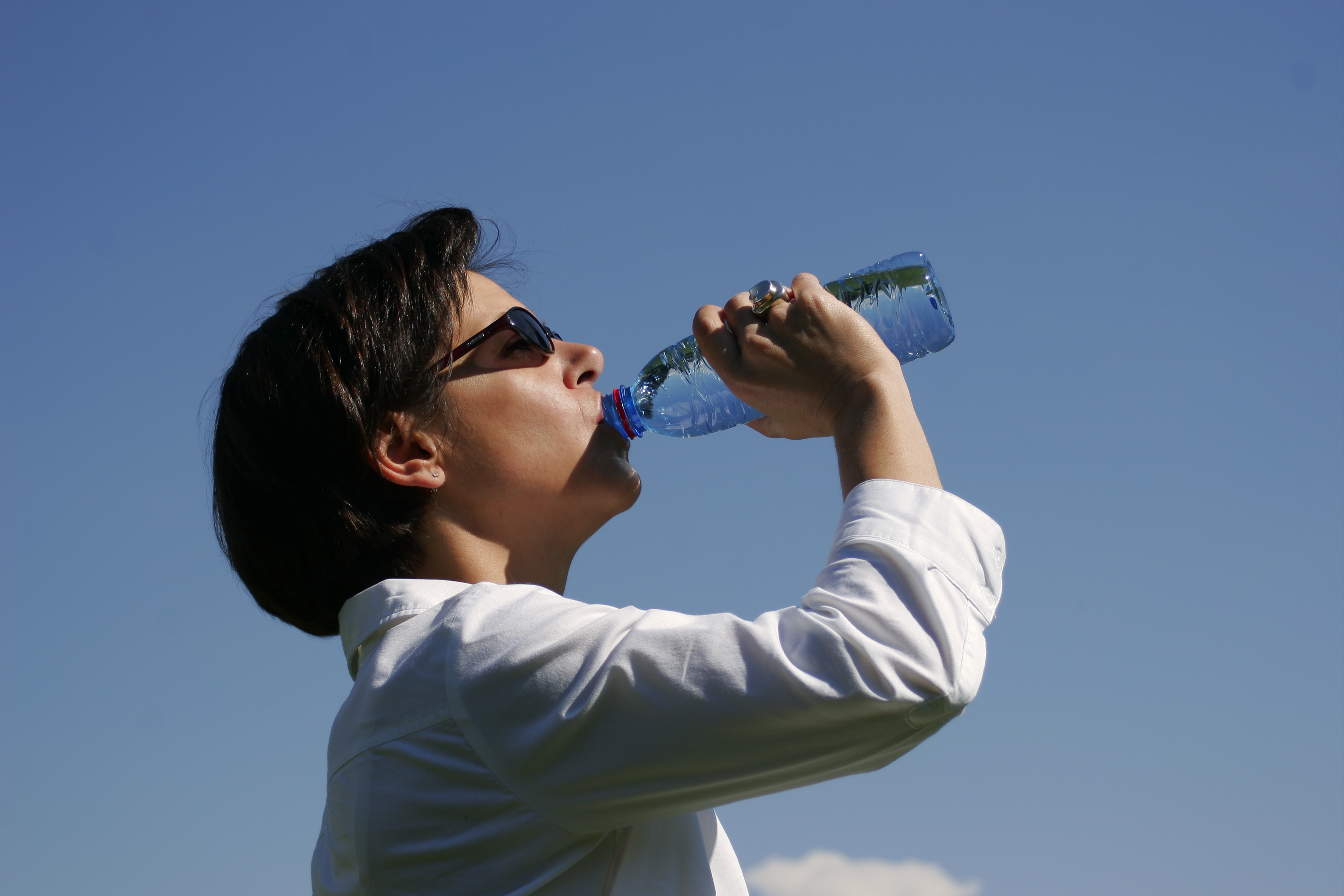 In my last letter, I revealed the surprising causes of dehydration. They range from the side effects of some medications, to air travel. Today, I want to discuss the risks associated with dehydration and how to avoid this serious, but highly preventable medical condition.
In my last letter, I revealed the surprising causes of dehydration. They range from the side effects of some medications, to air travel. Today, I want to discuss the risks associated with dehydration and how to avoid this serious, but highly preventable medical condition.
Defining Dehydration
Dehydration is one of those things that can sneak up on you. Whether you’re in bed with a fever, or you’re running errands on a dry winter day, you might not realize that your body is actually drying out because it’s not getting enough fluid. When you experience the sensation of thirst, you are already mildly dehydrated, so sip water throughout the day before you have a chance to feel thirsty.
While most people define dehydration as being thirsty, the technical medical definition is more precise. Dehydration is present when an adult loses 2% of the body’s total fluid. In this stage, the initial mild symptoms of dehydration will occur. Victims will often complain of lightheadedness, fatigue, hot and cold flashes, loss of appetite, dry mouth and tight, dry skin. One telltale sign of dehydration, besides thirst of course, is dark-colored urine with a strong smell.
The symptoms above can be reduced by replenishing lost fluids and electrolytes, which are substances in the body that are essential to various processes. Drinking too much, too quickly can make you feel sicker, so sip small amounts slowly. If you have electrolyte-rich drinks like Gatorade or Pedialite, these beverages can have you feeling good more quickly.
Serious Consequences
If you do not treat the mild symptoms of dehydration by restoring your body’s fluid balance, you are likely to experience serious health consequences. When you lose about 5% of your body’s total fluid, you may experience fainting due to low blood pressure—remember that blood must pump oxygen throughout the body in order for you to function. Muscle cramps, fever, headaches and tingling are often experienced too.
Heat stroke is another consequence of dehydration that is often not taken seriously. Heat stroke due to excessive perspiration and over-exercising can be fatal. Other heat injuries from dehydration include severe cramps and exhaustion.
Seizures are one more result of fluid loss. This happens when the electrical discharges in the brain go haywire, causing muscle spasms. Kidney failure can also occur, since water is necessary for your kidneys to function normally. Dehydration can make them unable to remove waste from the body. If you experience any of these conditions, immediate medical attention is necessary.
The Best Prevention
None of my patients need to suffer the severe consequences of heatstroke outlined above, and neither do you! We’ve all been told to drink 8 glasses of water or walk around with a water bottle. This is excellent advice, but what if you don’t like drinking water? Luckily, there are many great-tasting, low-calorie beverages, from sports drinks, to diet drink mixes to fruit-flavored water.
These are nice choices if you don’t want to go over board on liquid calories. Of course, all juices and non-caffeinated beverages—as well as foods with high water content like grapes—will also keep you hydrated.
Many people overlook the role of alcohol in dehydration. All alcoholic beverages use up fluid as they are processed by the body. Have water or juice after every alcoholic beverage to stay hydrated. This will also keep you from getting intoxicated as quickly.
Another key way to prevent dehydration is to be prepared. Use the heat index to determine if vigorous outdoor activity is safe. Check the weather report before going for a hike or even before relaxing on the beach. In extreme temperatures, you don’t have to be running around to become dehydrated.
When you are outside on hot days, wear light colored clothing, which absorbs less heat from the sun. You may also opt to carry a personal mister or spray bottle of cold water.
Finally don’t underestimate the benefits of getting out of direct heat, even for a short time. If you feel uncomfortable, find a shaded place to cool off, sip from your water bottle and revitalize yourself. With this knowledge and a bit of planning, each one of you can prevent dehydration.
